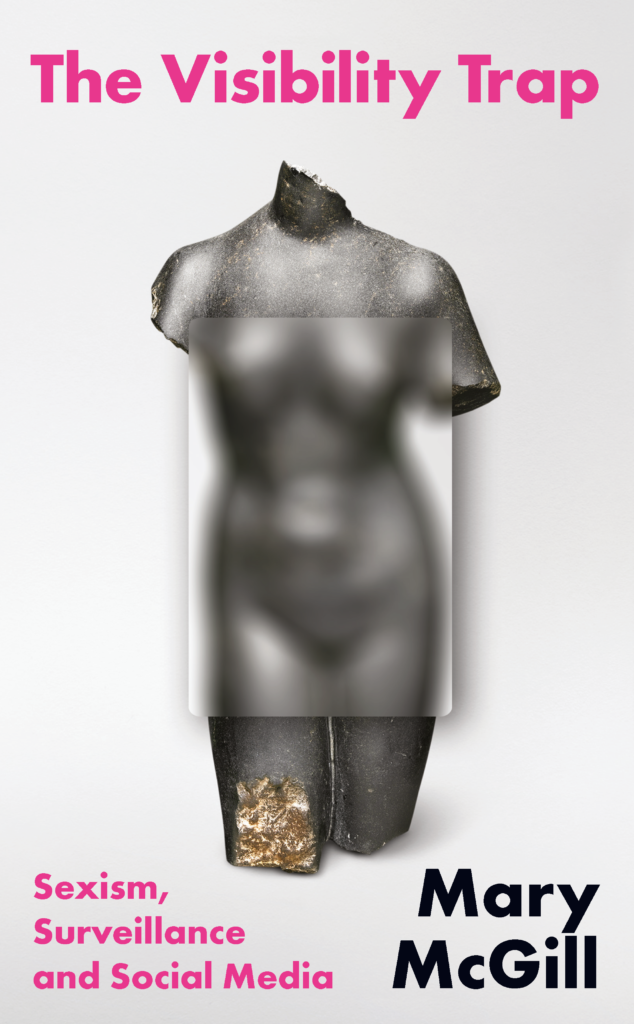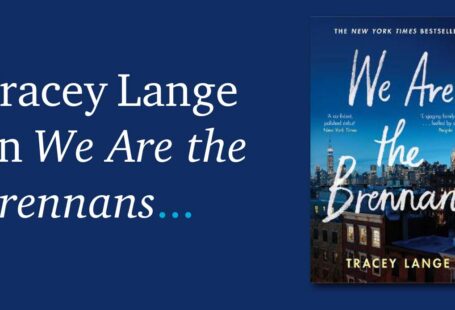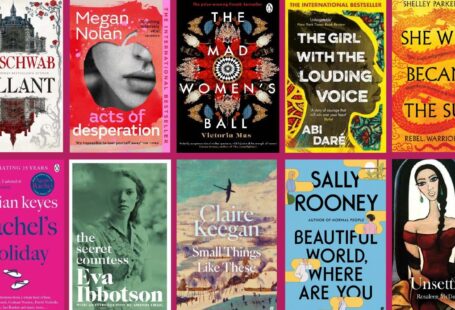Every Sunday morning, I go for a leisurely scroll. Not a stroll you understand, a scroll, walking my eyes down through the weekly long reads list collated by the news aggregator site, Digg, self-proclaimed ‘homepage of the internet’. I rarely have a specific genre in mind but I tend to gravitate towards richly reported mysteries (see true crime, missing persons, conspiracies) or technology, specifically how it intersects with culture and the messy business of being human.

On a recent scroll, I came across a piece entitled People Are Ready to Log Off Social Media for Good from the website, Buzzfeed. ‘Tell me something I don’t know,’ I thought. My book, The Visibility Trap, explores how we – and women in particular – navigate social media platforms where pleasure and vulnerability go hand-in-hand. Although often heralded as ‘empowering’, these are emotionally knotty, contradictory landscapes of ‘likes’ and ‘followers’ but also judgement and surveillance.
For the better part of a decade, the visibility these platforms sell – the ability to see others and to be seen ourselves – has been touted as a gift. More and more of us, however, are beginning to regard this visibility as, if not a poisoned chalice, then a very mixed, often burdensome bag.
Curiosity piqued, I clicked on the article, quickly realising that many of its themes chimed with my-soon-to-be-published-book (a relief for any non-fiction culture writer – the stuff in your head, other people are thinking about it too!). Those interviewed concurred that yes, of course social media had been vital to surviving during the pandemic but this reliance also bred fatigue and a deep desire to retreat from the demands of visibility by deleting one or more of their accounts.
We don’t stand out on the street yelling ‘I’m going on holidays!’ but we may put it on Twitter, letting millions know if they fancy burgling us, now would be a good time.
This desire was tied to what social media suggests is a net positive: connecting with others by sharing our lives, often in ways that are a lot more intimate and riskier than they first appear.
We don’t stand out on the street yelling ‘I’m going on holidays!’ but we may put it on Twitter, letting millions know if they fancy burgling us, now would be a good time. We may bite our tongue when it comes to voicing political opinions over Christmas dinner but we’re not so reticent about firing them into the digital ether with little thought as to how they may boomerang back should we have the audacity to change our minds or – gulp – be wrong.
What the ‘sharing is good’ assumption misses is how daunting and volatile ‘sharing’ has become and how little users are rewarded for it. Buzzfeed’s interviewees mentioned their discomfort at their loss of privacy, at the sense they know more about other people than is necessary and vice versa, and the internet’s ability to remind us of things we would much rather forget.
Being ‘seen’ online does not have the ephemerality of an offline glance or gaze; our digital interactions create records, and those records can cast long, unwelcome shadows. Discussing her regret about oversharing online, one interviewee told Buzzfeed she felt it, “hanging around my neck like a cursed necklace”.
As we emerge from the pandemic, it seems unlikely that we’ll pack up our Zoom cameras or call time on the WhatsApp groups that have sustained us over this annus horribilis. The world has changed and so have we, and so has the place of social media in our lives. These technologies are far from perfect, but, in the face of the catastrophe that Covid presented, few of us would have been without them. But acknowledging their positives is not to absolve their many and sometimes serious negatives.
The Visibility Trap is part of a growing conversation about what it means to see ourselves and others through technologies that are presented as objective and neutral, when they are anything but. It explores the downsides of living in the glare of social media, asking how we might use these tools better and what less harmful ones could look like.
It also challenges us to think critically and honestly about why it is we are so drawn to these platforms. Are they serving us? Or are we serving them? To paraphrase the poet Mary Oliver, is spending hours every day scrolling Instagram or Twitter making the best use of your “one wild and precious life?”
It’s not about rejecting technology but holding it accountable so that we can enjoy digital spaces designed, not to spy on us (or encourage us to spy on each other) or emotionally manipulate us or spread divineness, but to foster positive connections, the kinds of connections real communities and friendships are founded upon. Done differently, visibility needn’t be a trap and it needn’t be something we regret or long to flee from. The work to change it begins today.

DR MARY MCGILL is a digital culture researcher and journalist. A former broadcaster, she is a regular media contributor in Ireland and the UK. Her work has appeared in a range of print, digital and broadcast titles in Ireland, the UK and the US including Broadly, BBC, British Vogue, VICE, Refinery29, The Pool, Sunday Business Post, Irish Independent, Irish Times, TV3 and RTÉ. From 2015 to 2020 she was a Hardiman Scholar at the National University of Ireland, Galway, where her doctoral study explored gender, surveillance and selfie-practices. Her 2016 TEDX Talk, ‘Young women, narcissism and the selfie phenomenon’, has been viewed almost 300,000 times.






Recent Comments